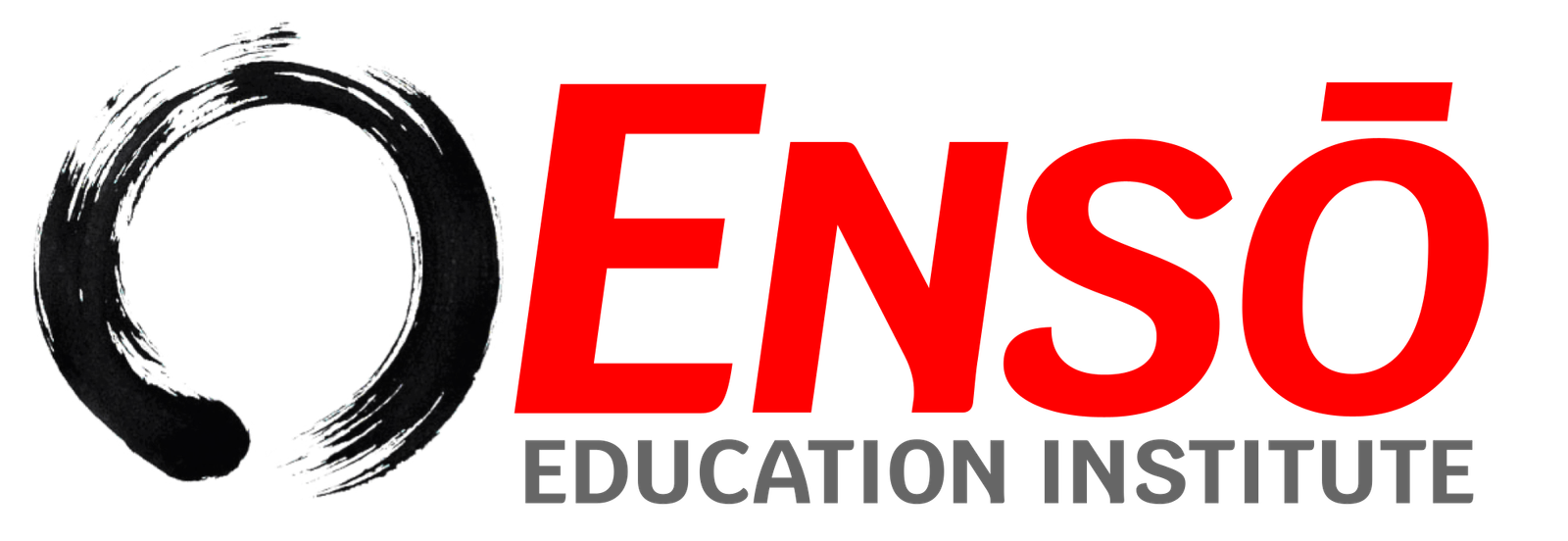Students need to have a say in what and how they learn. This is not a new concept. Indeed, John Dewey was advocating for greater student agency 80 years ago when he wrote in Experience and Education that “there is no defect in traditional education greater than its failure to secure the active cooperation of the pupil in construction of the purposes involved in his studying.”
Regrettably, in this new century, schools that value student autonomy are still exceptional. I am heartened to hear from students who say that their teachers treat them professionally and let them make decisions that affect the way they learn. This mindset needs to become the norm not the exception if we are to transform our educational system to meet the needs of the 21st century.
The ideal of involving students in their own education can be applied in multiple ways:
- The most obvious is simply giving students choice in the topics and projects they work on.
- To determine what the choices are, it would be helpful to begin with goal setting exercises and needs assessments.
- It may even prove fruitful to examine the standard or competencies together as a class and allow the students to co-create the lesson.
- Along with multiple project options would need to come varied and flexible grouping strategies.
- Keeping the individuality of each student in mind, by making these projects as interdisciplinary as possible, students will have a better chance of finding their passion within a topic.
- Especially when working within multiple disciplines, peer mentoring can be a powerful strategy for both students and teachers.
- Speaking of mentorship, bringing in experts from outside of the classroom would help to ground the projects in real-world application.
- Many students would find the opportunity to engage in an entrepreneurial start-up model exciting and relevant to their lives.
- Such models inspire the development of a fail-forward mindset, where students realize that it is not only okay but expected to make mistakes and to see these as opportunities for iteration.
- Lastly, allowing students to work through the design thinking process would encourage them to seek their passion through the act of inquiry.
None of this will be easy, and there will be a cost. The price of learner agency is at least two-fold. First, it will require students to cultivate greater personal responsibility. Coming from a legacy system that has drilled this out of them will make the transformation to a new kind of education all the more challenging. Second, it will require the building of trust on the part of disparate stakeholders. Government agencies and district administrators will have to trust that local schools best know the needs of their students; principals will have to trust that teachers will effectively use the classroom as the laboratory for innovation that it is; parents will have to trust that moving away from the paradigm of mere content acquisition will better serve their children; and students will have to trust that, if they take the risk to forge their own educational path, the adults in their lives will treat their passions with the respect they deserve.

Comments are closed, but trackbacks and pingbacks are open.